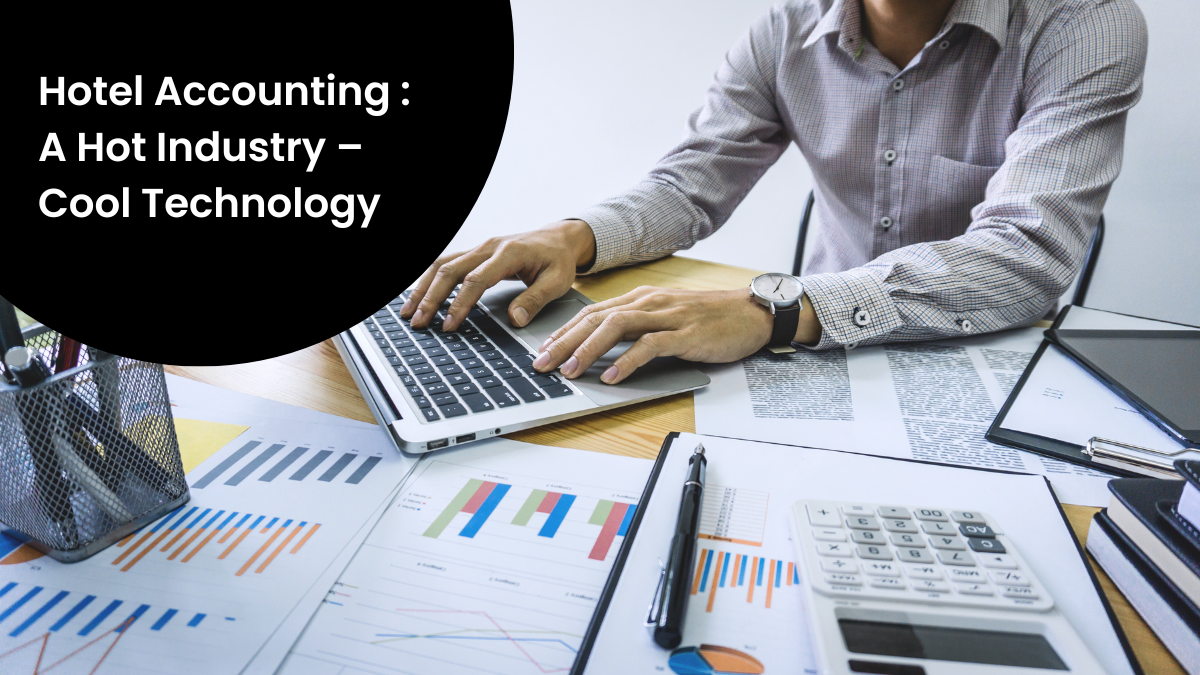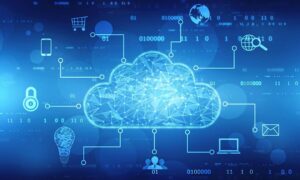Have you ever thought about what makes hotel accounting unique, its common problems, and how to fix them? There is no doubt that hotel accounting is a field in which there is a massive opportunity for growth. With a good-size Revenue Management System (RMS) in place, hotels can succeed. A well-designed system can bring significant benefits to everyone involved — from financial reporting, payables management, and tracking processes to real-time data management, forecasting the future, and helping with strategic decision-making.
The operational function requires a seamless flow of data and communication across departments, vendors, revenue streams, and properties in different geographic locations — each with additional regulations and tax codes.
In this article, we’ll look at some of the distinct aspects of hotel accounting that you’ll need help finding anywhere else in the business.
What Are The Unique Aspects of Hotel Accounting
The hotel industry is a unique ecosystem with its own set of peculiarities. So if you’re interested in learning more about this fascinating field, keep reading!
Night Auditing
Night auditing begins with a night audit checklist – a routine task that is to be completed daily. Then, the night auditor prints a report on the trial balance, business on the books (future hotel bookings), room revenue, taxes, credit card, and cash & check payments. They’ll also review daily reports and operate the front desk by checking guests in and out at night.
Variable Room Cost
Occupancy rates (the ratio of booked rooms to total available rooms) significantly affect the hotel’s rates. For example, when a hotel is almost complete, rates are higher because rooms are scarce and demand is high. In addition, certain seasons in different properties will have busier periods that will drive costs up.
Multiple Revenue Streams
Typically, each hotel has several different revenue sources. Some of them require separate accounting because they have unique P&Ls. Some of these services, such as most on-site amenities like the pool and laundry, are only available to visitors. The general public can use other services, including restaurants, bars, meeting rooms, outside event catering, etc.
Each department has the potential to increase the hotel’s income significantly. Since they can provide more than simply rooms, hotels with several revenue streams can increase their profits and improve the health of their businesses. But just because something is an “income stream” doesn’t necessarily mean it is profitable. Some “income streams” are only used as a convenience.
Contracts
Most hotels have vendor contracts, and these vendors give a special rate as long as they have a certain number of rooms booked each month. Vendor needs vary, and hotels are usually willing to meet each vendor’s needs. Whichever vendors a hotel has, they must follow company culture and standard operating procedures.
We’re going to take a look at some of the biggest obstacles we see as an AP software vendor for hotel companies and suggest ways that you can overcome them.
4 Common Hotel Accounting Problems That Can Be Solved Using Hospitality Accounting Software.
Hotels are a great business to get into, but they are not without challenges. When choosing an accounting software solution, there is plenty of competition, long hours, and a lot of work to invest in.
Time Taking Invoice Process
Manually processing hotel invoices can cost between $12 and $30 each. In addition, having to track down a specific department’s management is difficult and time-consuming. It may result in the late payment of an invoice, which can lead to an unpaid bill.
Tracking Frequent Price Changes
When price changes aren’t properly tracked, shrinking profit margins can fly under the radar. In addition, there are different vendors whom products are ordered from — each vendor changes its prices at least 2 times a year. As a result, sometimes it’s challenging to compare certain items because it’s not always apples to apples.
Tough Manual Audits
Audits are one of the most time-consuming things because the auditor is always looking for previous years’ information. When a franchise conducts a tax audit, the hotel has to produce state, city, and county documents. It costs too many hours of labor to dig up old records.
Human errors
Many hotels with a restaurant have 3 or more systems — which can be far too many to manage. And when massive systems with manual data entry are involved, each mistake can be costly.
Below are five essential roles of the best accounting software for hotels that combine to keep a hotel’s finances healthy and operations running smoothly.
Role Of Cloud-based Accounting Software in Hotel Management
The following five roles in Multi-property hotel accounting software are essential in keeping a hotel on track.
Budget Management to Forecast Hotel Growth
Budget season is a critical time for hoteliers. Market research is a must to complete revenue and expense projections. Market trends and historical data are excellent sources if available to hotel accountants. Often, budget preparation starts in August, and budgets become final in November.
Final Reports
Financial reporting is one of the essential daily tasks an accountant must perform. Partners and owners of any given hotel look for financial statements at the beginning of each month. These reports are critical for determining how the hotel is performing. In addition, it helps executives make future decisions and projections.
Auditing Finances
Auditing the financials and comparing the actuals with the budget is essential for any accountant. Being familiar with every category and purchase is crucial for the accountant to work successfully. Each category needs to be analyzed monthly, and an accountant should figure out what should or should not change.
Tracking Expenses
Multiple departments can take time to control expenses. Part of expense tracking is ensuring each department stays within a specific dollar amount. In addition, certain items — like laundry hygiene products, cleaning supplies, and detergent can run out more quickly than expected. Therefore, it is to be ordered as soon as possible.
Payroll
The accountant has to ensure that every department is chosen and each manager has signed off on the employees’ timesheets. There are many different payroll processing software, and the hotels get to choose which program they’ll process their payroll with – it’s up to the hotelier what software they choose.
Final Thoughts
Hotel accounting is a complex, precise, and highly specialized field. Hotels need to keep track of a lot of data and statistics, including client check-ins, expenses incurred at the hotel, occupancy rates, and more. To do that properly, they need the services of an in-depth accounting firm that understands hotel accounting software like no other. And while most hotels can use essential bookkeeping software to maintain their books and records, there are parts of the industry where technology is more challenging and practical than elsewhere. A large part of this complexity comes from hotels requiring different methods than what you may use for a small business or personal life.















































